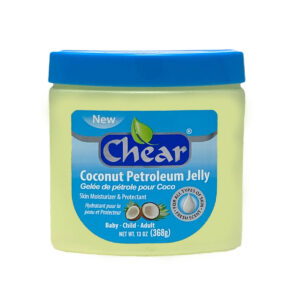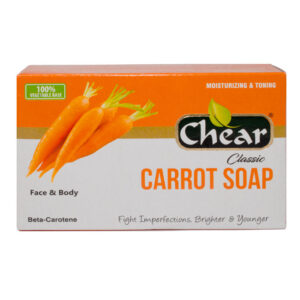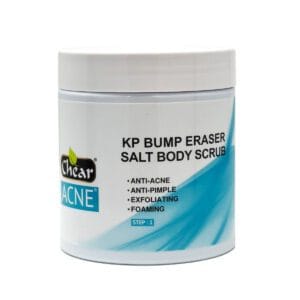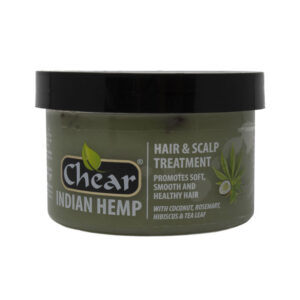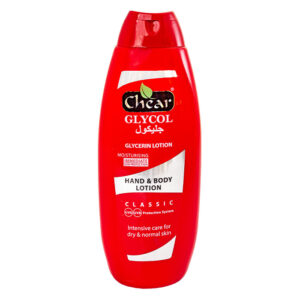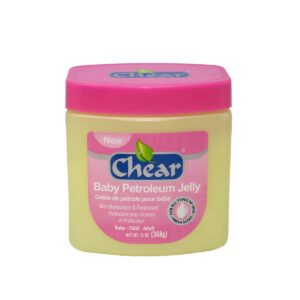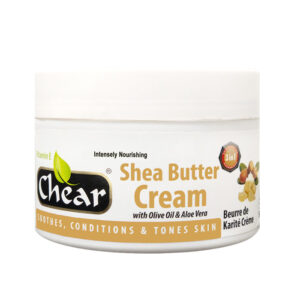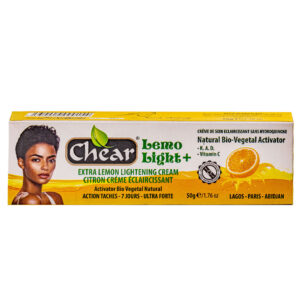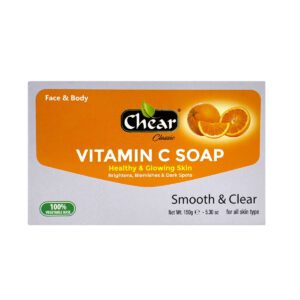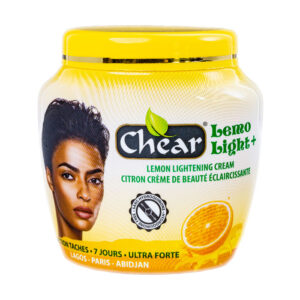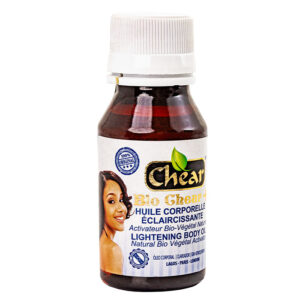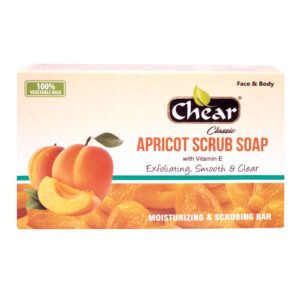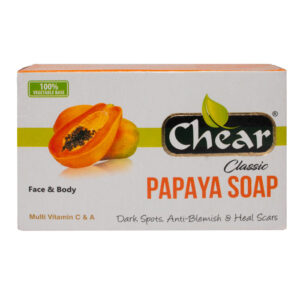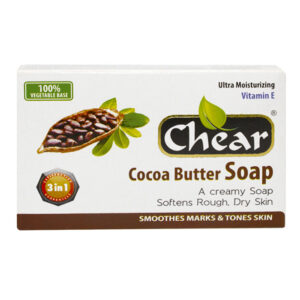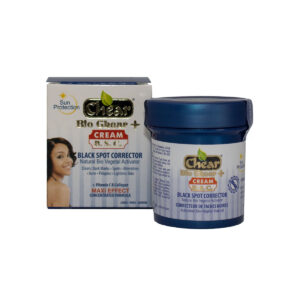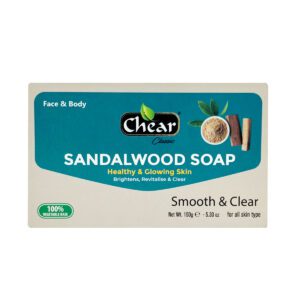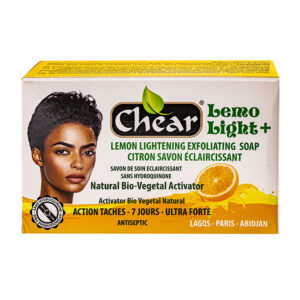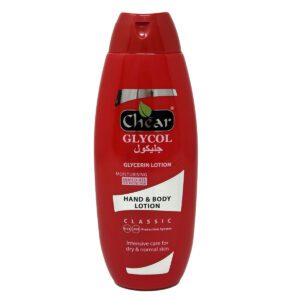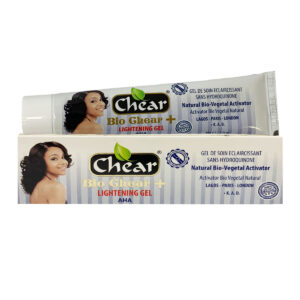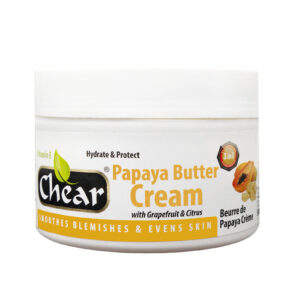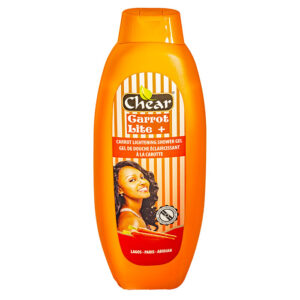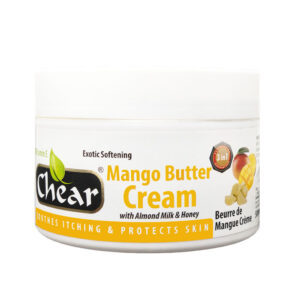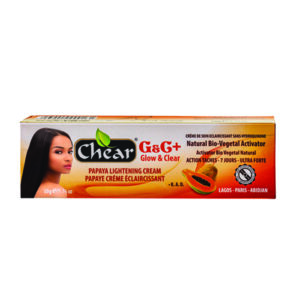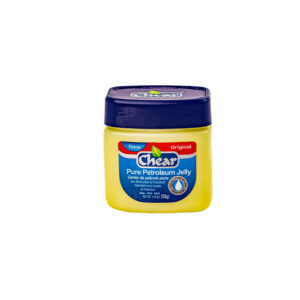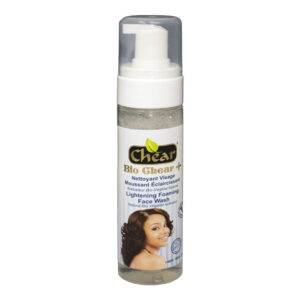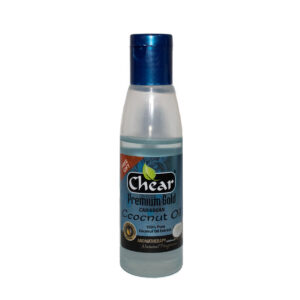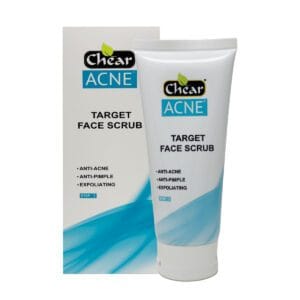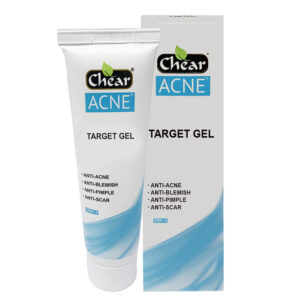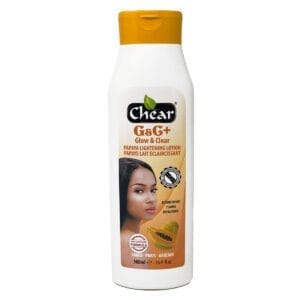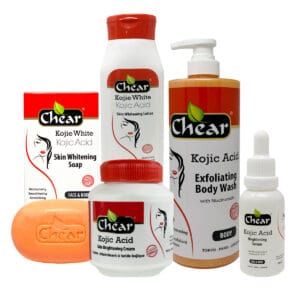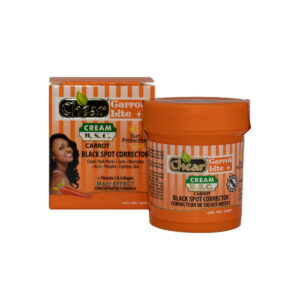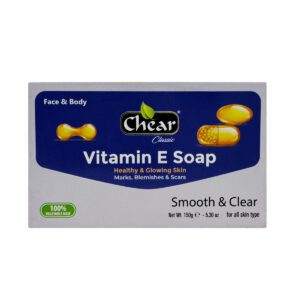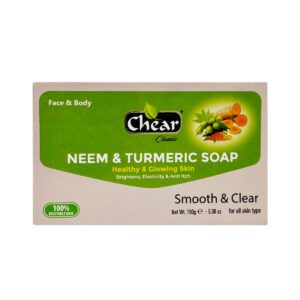- Home
- Beauty Tips
- Why Coconut Petroleum Jelly Wins Skincare
Why Coconut Petroleum Jelly Wins Skincare
Learn why Chear Coconut Petroleum Jelly is a standout in skincare. Its coconut oil infusion provides superior hydration and soothing properties compared to plain petroleum jelly products. Perfect for softening dry skin, protecting minor burns, or preventing nappy rash, this versatile jar outperforms competitors with its natural, skin-loving ingredients. Discover how to make it your go-to choice for healthy, radiant skin.
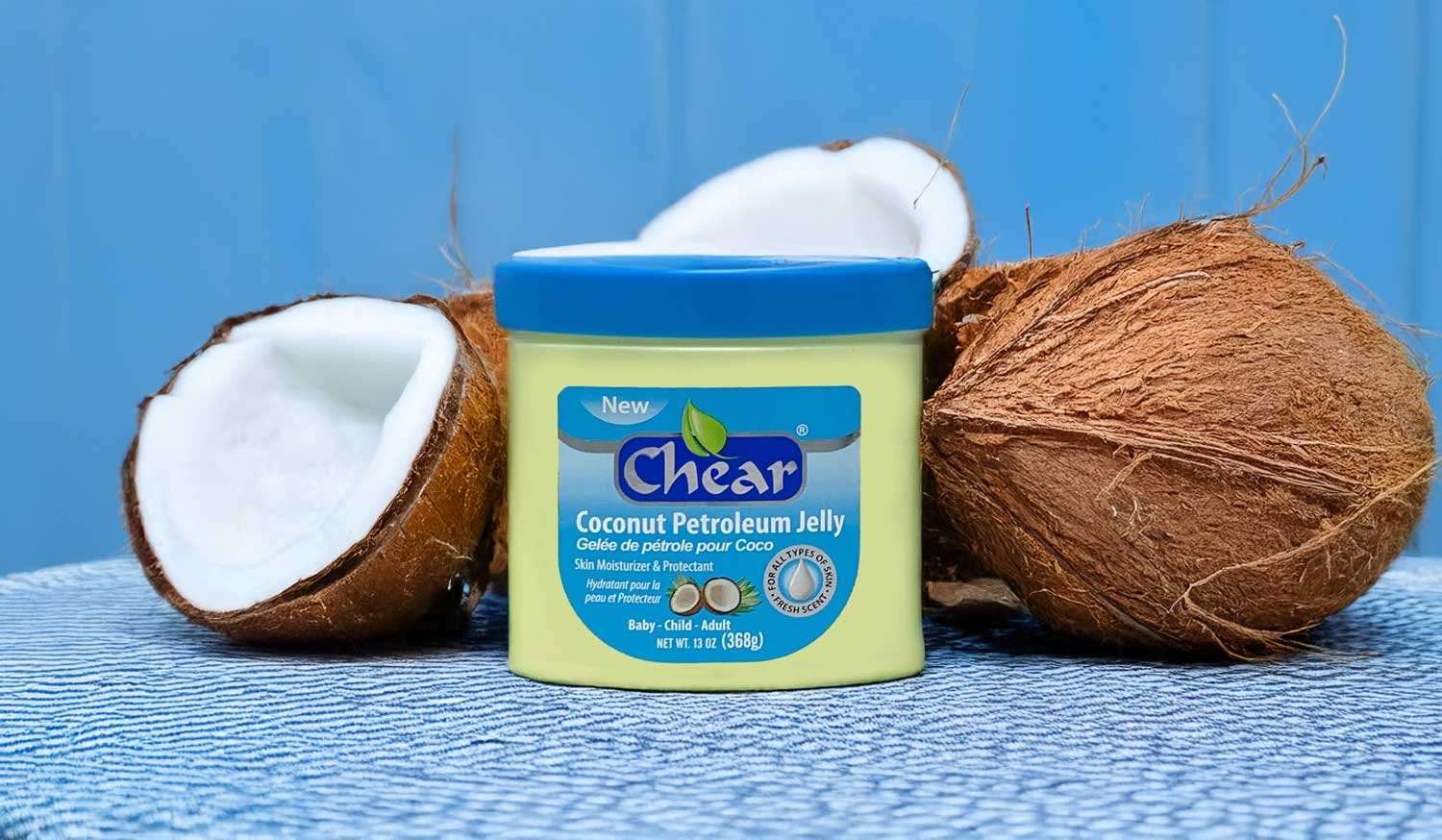
Introduction to Coconut Jelly Skin Care
In the ever-evolving world of skincare, consumers are increasingly turning to products that blend time-tested ingredients with modern efficacy. One such standout is coconut petroleum jelly, a hybrid that combines the occlusive power of traditional petroleum jelly with the nourishing benefits of coconut oil. This fusion addresses common skin concerns, such as dryness, irritation, and minor wounds, more effectively than standard options. Moreover, as people seek natural alternatives, coconut petroleum jelly emerges as a versatile hero for daily routines.
But what makes it superior? In this comprehensive guide, we’ll explore the science-backed advantages, drawing from reliable research and expert insights. We’ll compare it to regular petroleum jelly, highlight its applications, and explain why the Chear Coconut Petroleum Jelly is a worthy addition to your cabinet. By the end, you’ll understand how this product can transform your skincare regimen, promoting healthier, more radiant skin.
Understanding Coconut Petroleum Jelly: A Natural Powerhouse
Coconut petroleum jelly is essentially petroleum jelly infused with coconut oil. Unlike plain petroleum jelly, which is a byproduct of petroleum refining, this version incorporates coconut extract. These components provide antimicrobial, anti-inflammatory, and moisturising properties that elevate the product’s performance.
Research highlights the role of coconut oil in enhancing skin barrier function. For instance, studies have shown that coconut oil suppresses inflammatory markers and protects the skin by reducing transepidermal water loss (TEWL), which occurs when moisture evaporates from the skin’s surface. This is crucial for maintaining hydration, especially in dry or damaged skin. Additionally, coconut oil’s fatty acids nourish the epidermis, helping to restore elasticity and prevent cracking. Not all coconut-infused jellies are created equal. The Chear version uses high-quality coconut oil, ensuring purity without unnecessary additives, making it suitable for sensitive skin.
The Science-Backed Benefits of Coconut Oil in Skincare
Upon closer examination, the benefits of coconut oil are well-documented in the scientific literature. One key advantage is its superior hydration. A randomised controlled trial compared extra-virgin coconut oil to mineral oil (a common base in petroleum jelly) and found that both improved skin hydration; however, coconut oil also increased skin surface lipids, thereby enhancing overall barrier integrity. This means it not only locks in moisture but actively replenishes the skin’s natural oils.
Furthermore, coconut oil exhibits anti-inflammatory properties. In vitro studies demonstrate that coconut oil reduces inflammation by suppressing markers, such as cytokines, which can help alleviate conditions like eczema or dermatitis. For individuals with dry skin, applying coconut oil twice daily for two weeks resulted in significantly improved hydration levels, demonstrating its effectiveness comparable to that of other emollients.
Antimicrobial effects are another highlight. Lauric acid in coconut oil has antibacterial and antifungal properties, making it an effective agent for preventing infections in minor cuts or acne-prone areas. A study on bacterial isolates confirmed the antibacterial activity of coconut oil, supporting its use in wound care. This is particularly beneficial for skin exposed to daily irritants, like hands or feet.
Antioxidant properties also play a role. Coconut oil helps combat free radicals, which contribute to premature ageing. Research indicates that these agents aid in wound healing and scar reduction.
The British Skin Foundation acknowledges the potential of natural oils in managing skin conditions, though they advise patch testing for allergies. Meanwhile, NHS guidelines often recommend petroleum-based products for dryness, but infusing them with coconut oil adds an extra layer of nourishment without compromising safety.
Comparing Coconut Petroleum Jelly to Regular Petroleum Jelly
While regular petroleum jelly is a staple for its occlusive barrier, coconut-infused versions offer more. Traditional petroleum jelly seals moisture but doesn’t add nutrients; it’s inert and can feel heavy. In contrast, coconut oil provides emollient properties that soften and repair the skin.
A direct comparison for dry skin favours coconut oil. One analysis notes that while petroleum jelly prevents transepidermal water loss (TEWL), coconut oil actively hydrates and reduces dryness more effectively in some cases.
However, petroleum jelly excels in sealing wounds, as recommended by the NHS for minor burns, where it’s applied to keep the area moist. Adding coconut oil enhances this by introducing antimicrobial benefits and reducing the risk of infection.
Specific Applications: From Dry Skin to Nappy Rash
Coconut petroleum jelly shines in practical uses. For dry skin, apply it post-shower to lock in moisture. Studies confirm that coconut oil is efficacious in improving hydration over several weeks. It’s ideal for elbows, knees, and heels, where cracking is common.
In protecting minor burns, the occlusive layer prevents scarring, while the anti-inflammatory agents in coconut oil speed up the healing process. The NHS advises using petroleum jelly for burns, and the coconut infusion adds soothing properties without the need for antibiotics.
Preventing nappy rash is another forte. Petroleum jelly creates a barrier against moisture, and coconut oil’s antibacterial properties help combat irritation. Parents report fewer rashes with natural-infused options, aligning with UK pediatric guidelines.
Additionally, it’s great for chapped lips, cuticles, or even as a makeup remover, thanks to its gentle formula. For pet paws or post-tattoo care, its versatility extends beyond human use.
Why Choose Chear Coconut Petroleum Jelly?
The Chear Coconut Petroleum Jelly stands out with its 368g jar, providing ample product for family use. Infused with pure coconut oil, it delivers all the benefits discussed, superior hydration, protection, and natural soothing, without leaving a greasy residue.
How to Incorporate It into Your Routine
Start simple: Cleanse your skin, then apply a thin layer. For best results, use nightly on damp skin. Perform a patch test first, especially if you are sensitive. Combine with other natural products for enhanced effects.
Final thoughts: Elevate Your Skincare with Coconut Petroleum Jelly
Coconut petroleum jelly, outperforms traditional options by merging occlusion with natural benefits. Backed by research on hydration, anti-inflammation, and more, it’s a wise choice for preventing dry skin, burns, and rashes. Try it today for healthier, more vibrant skin.

Chear Beauty @ Sonik Products Ltd | Company No: 3184821
Chear Beauty @ Sonik Products Ltd, Block C, Woodside End, Wembley Alperton, Middlesex HA0 1UR
